I do loathe explanations
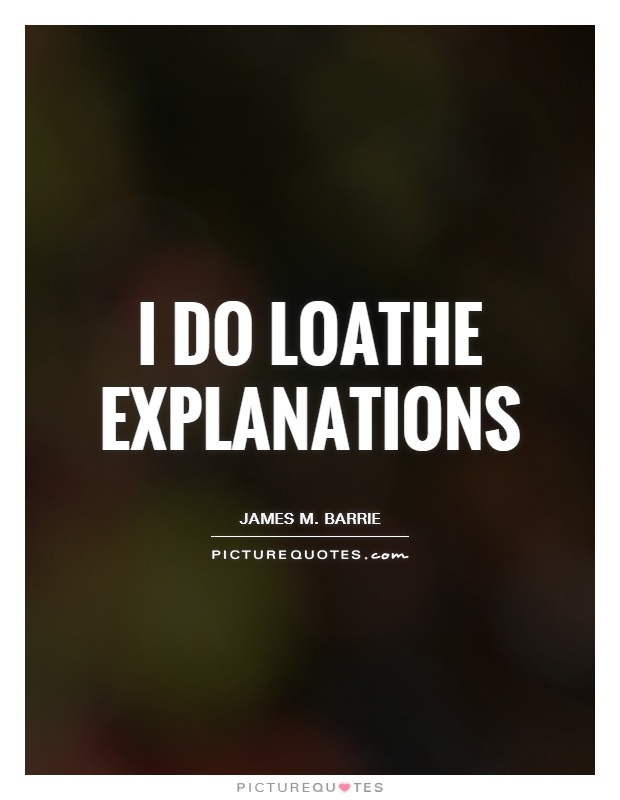
I do loathe explanations
James M. Barrie, the renowned Scottish author best known for creating the beloved character Peter Pan, once famously said, "I do loathe explanations." This sentiment reflects Barrie's unique approach to storytelling, which often prioritized imagination and wonder over rational explanations.Barrie's works are characterized by their whimsical and fantastical elements, which transport readers to magical worlds where anything is possible. In his most famous work, "Peter Pan," Barrie invites readers to journey to Neverland, a place where children never grow up and fairies and pirates roam free. The story is filled with fantastical creatures and adventures, but Barrie never feels the need to explain the origins or mechanics of this magical world. Instead, he simply invites readers to suspend their disbelief and embrace the wonder of the story.
Barrie's aversion to explanations can also be seen in his other works, such as "The Little White Bird" and "The Admirable Crichton." In these stories, Barrie explores themes of childhood innocence, the power of imagination, and the complexities of human relationships. Rather than providing clear-cut explanations for the events that unfold, Barrie leaves much to the reader's interpretation, allowing them to draw their own conclusions and find their own meaning in the stories.
Barrie's disdain for explanations can be seen as a rejection of the constraints of logic and reason. By eschewing traditional explanations in favor of a more whimsical and imaginative approach, Barrie encourages readers to embrace the magic and mystery of his stories. In doing so, he invites readers to tap into their own creativity and imagination, allowing them to experience the joy and wonder of childhood once again.

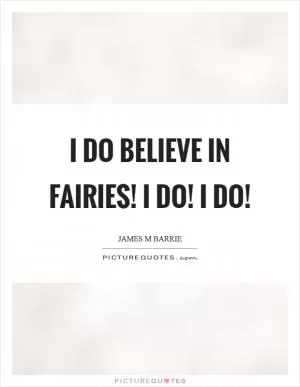




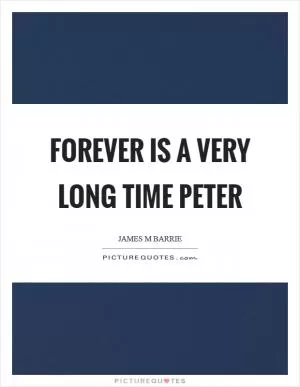
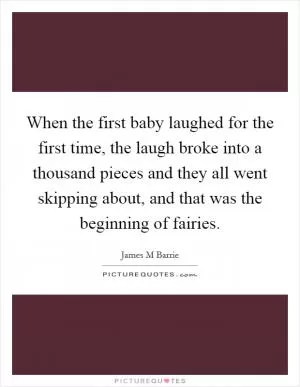



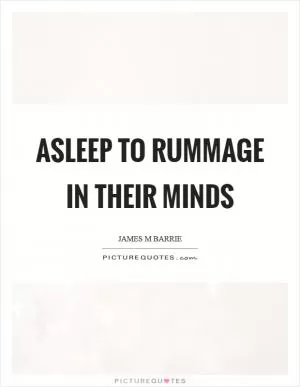
 Friendship Quotes
Friendship Quotes Love Quotes
Love Quotes Life Quotes
Life Quotes Funny Quotes
Funny Quotes Motivational Quotes
Motivational Quotes Inspirational Quotes
Inspirational Quotes